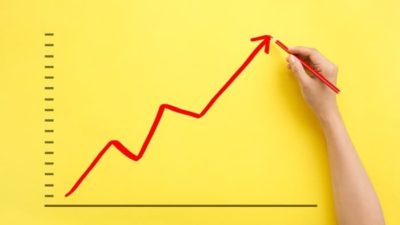Investors continue to rally behind the Vulcan Energy Resources Ltd (ASX: VUL) share price, surging another 11.26% to $11.07 on Tuesday.
Shares in the emerging lithium producer are up a solid 30.11% in the last month and 288.45% year-to-date.
What's so special about the Vulcan share price?
Vulcan has come from humble beginnings, trading at just 16 cents at the beginning of 2020.
There is a distinct difference between the way Vulcan aims to produce its lithium compared to traditional brine and hard rock methods used by household names such as Galaxy Resources Limited (ASX: GXY), Pilbara Minerals Ltd (ASX: PLS) and Orocobre Limited (ASX: ORE).
Vulcan's Zero Carbon Lithium project aims to use nearby geothermal energy to help it produce lithium chemicals and general electricity to power its operations.
A potential driver of the Vulcan share price this morning could be the company's industry-leading life cycle assessment announcement.
The company estimates negative 2.9 tonnes of CO2 emitted per tonne of lithium hydroxide to be produced from its Zero Carbon Lithium project
Vulcan said that the negative figure is a product of "the significant impact offset generated by renewable geothermal energy production as well as use of geothermal heat to drive lithium processing".
One offtake deal after another
Vulcan is fast approaching the construction phase for its Zero Carbon Lithium project.
Most mining companies seek to secure offtake partners prior to mine construction to help the producer lock in a future buyer for the material they plan to produce.
Vulcan's feasibility study found that the project will have the capacity to produce approximately 40,000 tonnes of lithium hydroxide per annum from a current deposit of 1.12 million tonnes of lithium carbonate.
Last week, Vulcan announced that it had signed a binding lithium hydroxide offtake agreement with LG Energy Solution for 5,000 metric tonnes in the first year and ramp up to 10,000 metric tonnes from year two onwards.
On Monday, the Vulcan share price emerged from its trading halt, revealing a 5-year strategic partnership with Renault Group.
Renault has agreed to purchase between 6,000–17,000 tonnes per year of battery grade lithium chemicals for a 5-year term commencing 2026.









